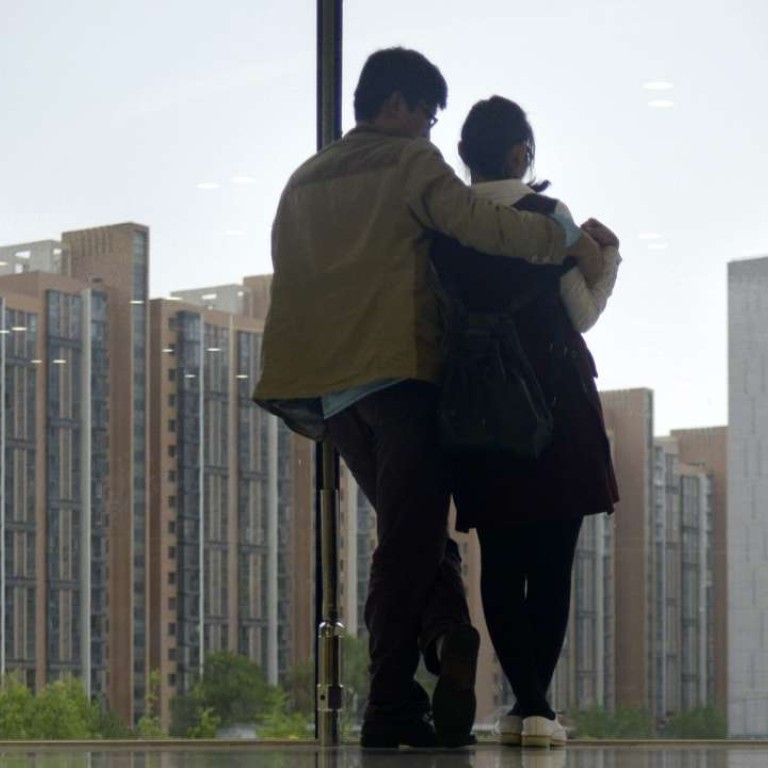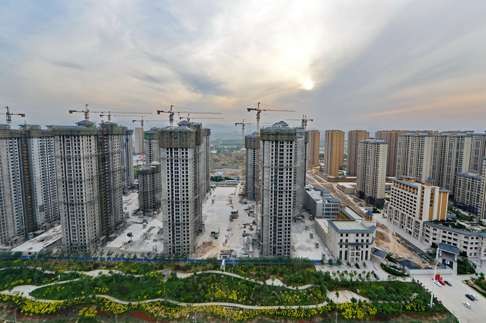
Top think tank CASS warns Chinese property sector heading for correction
One official at the Chinese Academy of Social Sciences says, ‘those who are using high leverage should watch out’
A top think tank has warned of a looming correction in the Chinese property market, after what it called a policy-driven rally in the first half of the year.
The Chinese Academy of Social Sciences (CASS) is now predicting the rate of price growth in the second half of the year and first half of 2017 will moderate, or even fall back.
Ni Pengfei, CASS’ director of National Academy of Economic Strategy, said based on the trajectory of China’s property market over the past decade, a typical upward cycle runs for about 12 months.
Ni said in a new report on the market that the current upward cycle has lasted a year, and could be about to end.
“Before 2013, every property market rebound is the result of an adjustment in the market itself. Rebounds after that were driven by policy stimulus.
“The latest rebound is being pushed by government measures to cut housing inventory,” Ni said.
During the first quarter, China unleashed a record 6.59 trillion yuan of aggregate financing, after GDP growth slowed to a six-year low.
To reduce the vast housing inventory in most Chinese cities, the central bank in early February also eased the down-payment requirement for first and second homes. The minimum payments for first-time buyers, for example, were lowered to 20 per cent.
If China’s GDP growth slows to beneath 6.5 per cent, it is likely that property price gains will slow to less than 5.5 per cent
Zhang Ping, deputy director of Institute of Economics, CASS, said long-term property price appreciation is generally in line with GDP growth.
But when GDP slows, price declines tend to be greater than any fall in GDP.
“So if China’s GDP growth slows to beneath 6.5 per cent, it is likely that property price gains will slow to less than 5.5 per cent,” Zhang said.
Guo Kesha, director of the Economic Policy Centre within CASS, warned the government’s efforts to encourage developers to cut their prices to reduce mounting inventories, might actually act in the opposite direction as homebuyers tend to buy assets when prices are rallying, and stay on the sidelines when prices fall.

“That policy will have a diminishing effect on the property market. Local governments could not control trends in prices as they wished,” he said.
Zhang Ming, a research fellow with CASS’ Institute of World Economic and Politics, said the report showed that financial factors were now more to blame than fundamentals for the sharp price rallies in the largest cities, such as Shenzhen and Shanghai.
For example, the expectation of strong price appreciation had continued to encourage speculators to borrow, in some cases, as much as nine times their own money.
“Property in first-tier cities is increasingly being seen as a financial product.
“Excessive liquidity is being used to chase after too few ‘safe assets’,” he said, adding the longer that trend continues, the more volatile those markets will remain.
“Those who are using high leverage should watch out,” he said.

